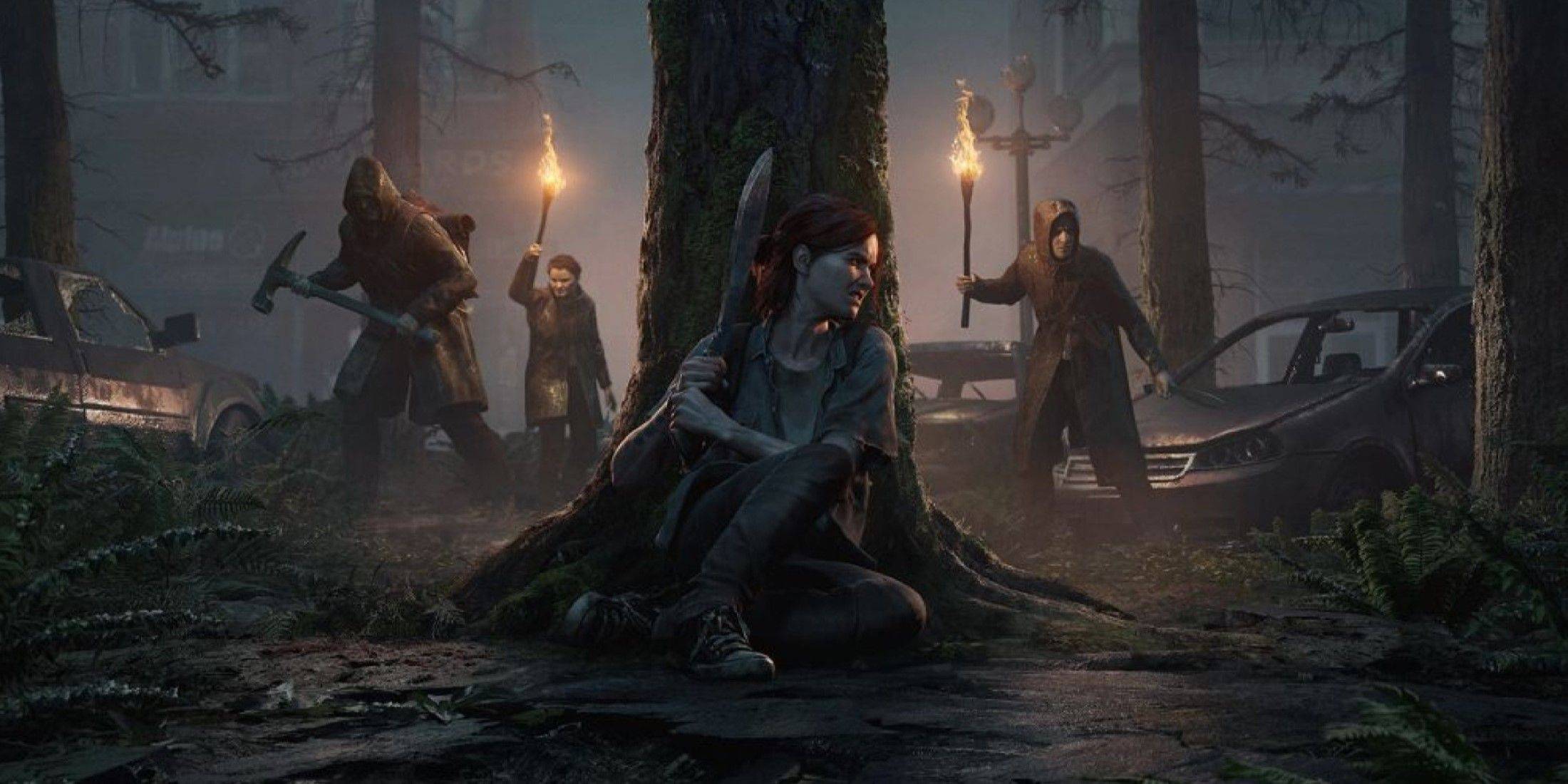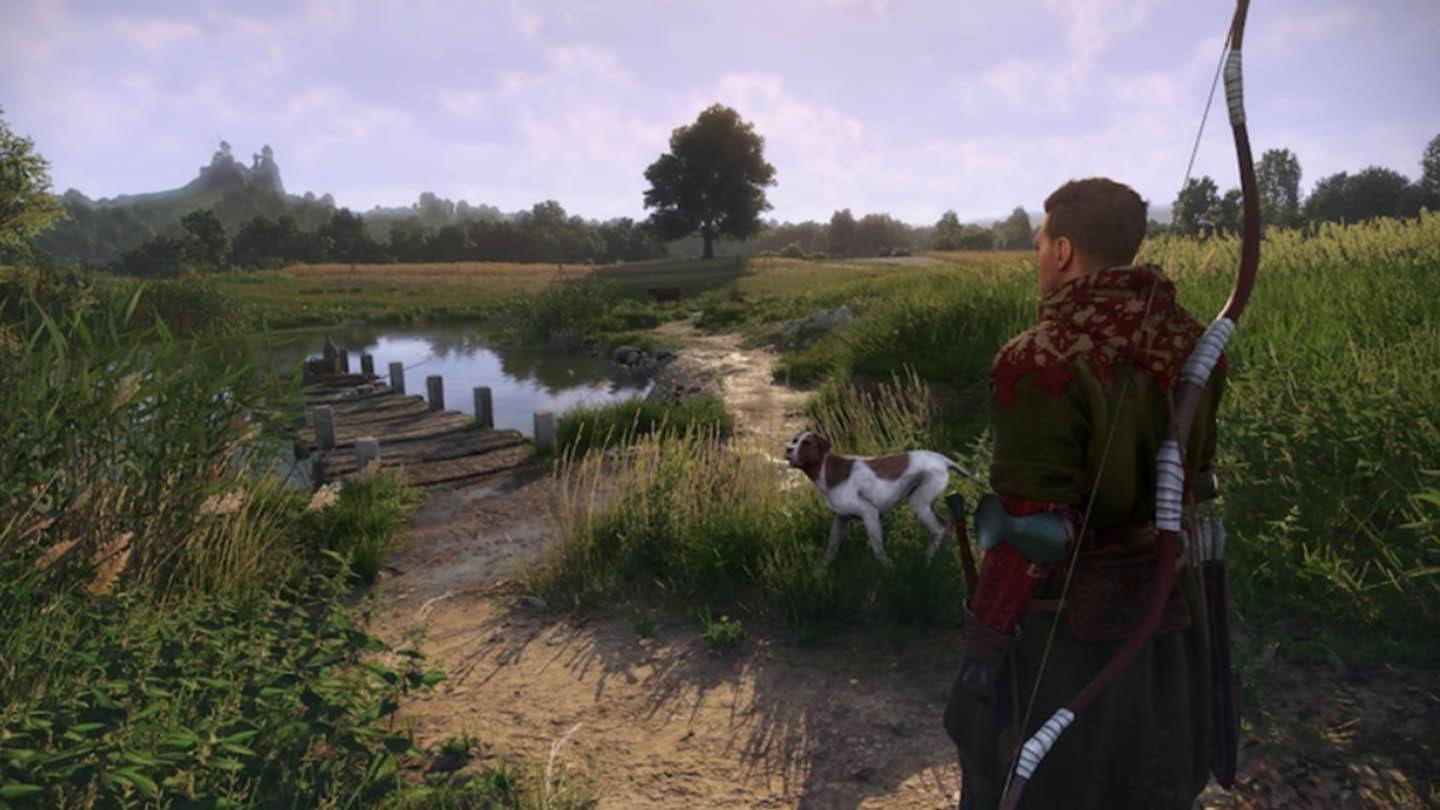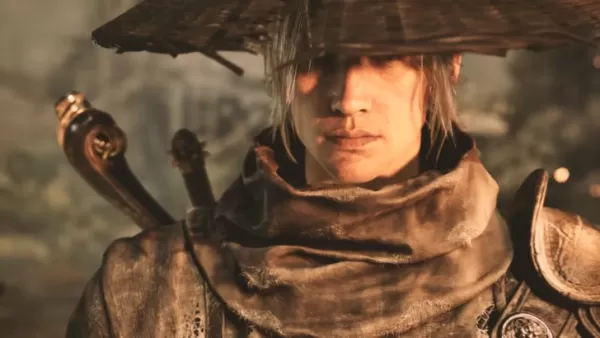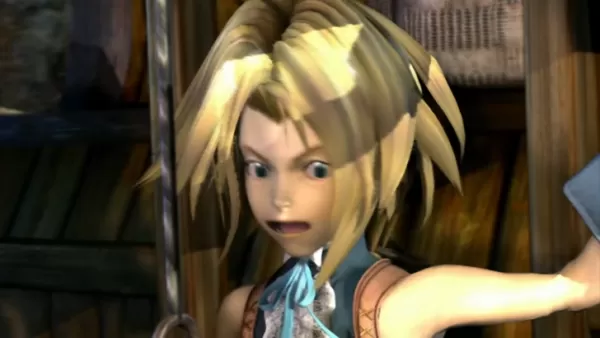Lost Records: Bloom & Rage — A Nostalgic Journey Back to the 90s
- By Madison
- Apr 16,2025
In 2015, the French studio Don't Nod set a new standard for interactive dramas with Life is Strange, an enchanting adventure that celebrated the beauty of ordinary moments, the power of unbreakable friendships, and the relentless march of time. Players were captivated by its meticulous attention to detail and the ability to explore and influence the world around them. Despite subsequent projects exploring different genres, none recaptured the magic that Life is Strange had instilled in fans' hearts.
Now, years later, Don't Nod returns to its roots with another coming-of-age story. Lost Records is not merely interactive cinema; it's a tribute to a bygone era and the joys of youthful freedom. With its evocative atmosphere, compelling characters, and choices that keep players on their toes, the game effortlessly draws you in.
Table of Content ---
- Friends Reunite to Uncover Secrets from the Past After 27 Years
- Choices Still Impact Surroundings, Dialogues, and Relationships
- Bloom & Rage Creates Beautifully Imperfect Characters
- A Town Worth Dreaming About
- Slow-Paced Plot: The Defining Feature of the Story
Friends Reunite to Uncover Secrets from the Past After 27 Years
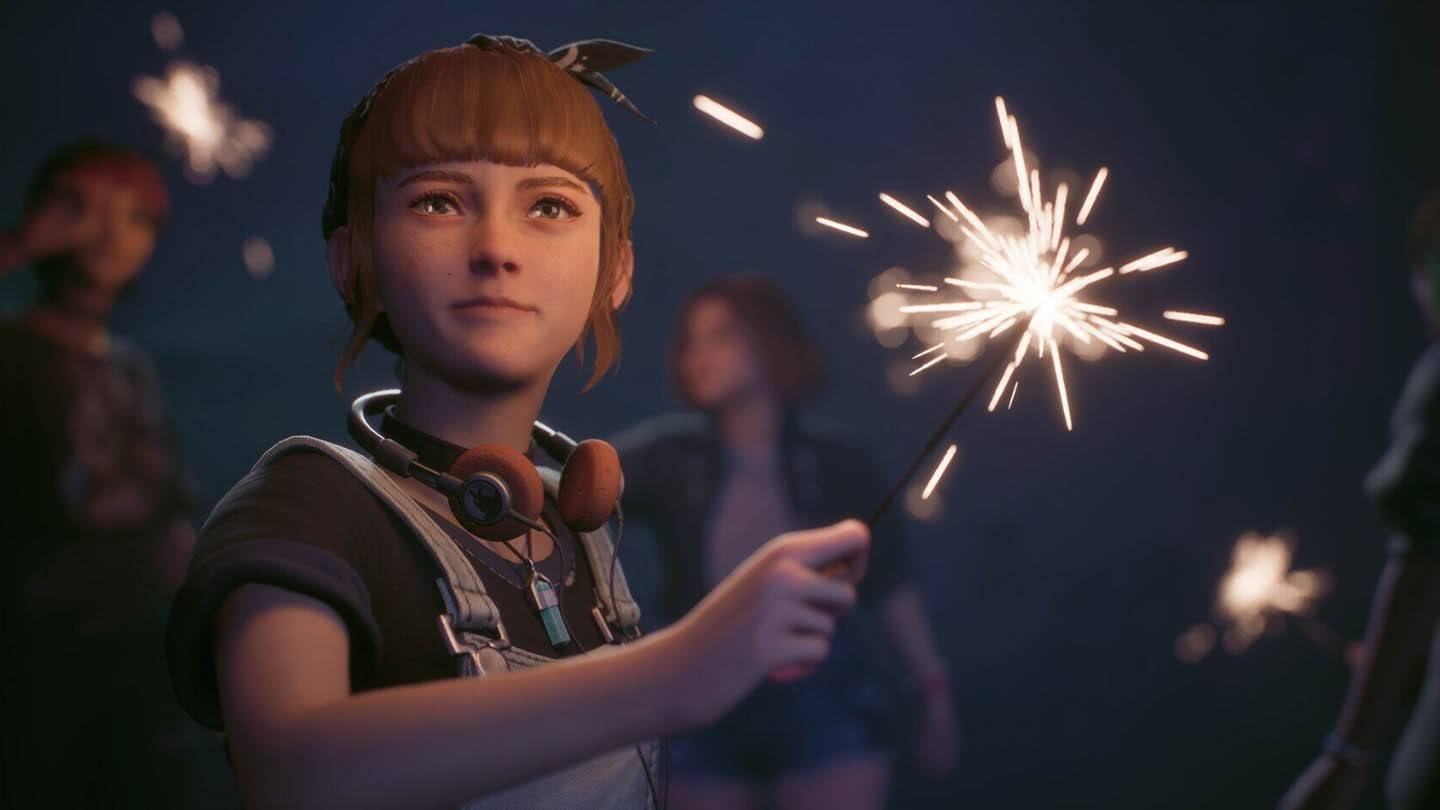 Image: ensigame.com
Image: ensigame.com
At the core of Lost Records is the story of four women whose friendship dissolved 27 years ago. Our protagonist, Swan Holloway, returns to her hometown of Velvet Bay for a reunion with her old friends, only to discover a mysterious package from their past. The narrative leads them to a forest and an abandoned house, stirring up secrets best left undisturbed and reviving long-forgotten memories. This essence is captured by Bloom & Rage: a nostalgic reliving of a summer night's dream.
The story unfolds across two timelines: one in 1995, a time when the world seemed brighter and greener, and another in 2022, where the heroines, now in their forties, meet in a bar with awkward smiles, avoiding the painful incident that tore them apart. The shift to first-person perspective in these scenes underscores the emotional difference between the past and the present.
However, the bulk of the gameplay occurs in the past, where players explore beautiful locations, nurture relationships, and document events with a vintage HVS camera. Video recording is a pivotal mechanic; just like Max in Life is Strange, Swan captures graffiti, wildlife, people, and even hints of the supernatural.
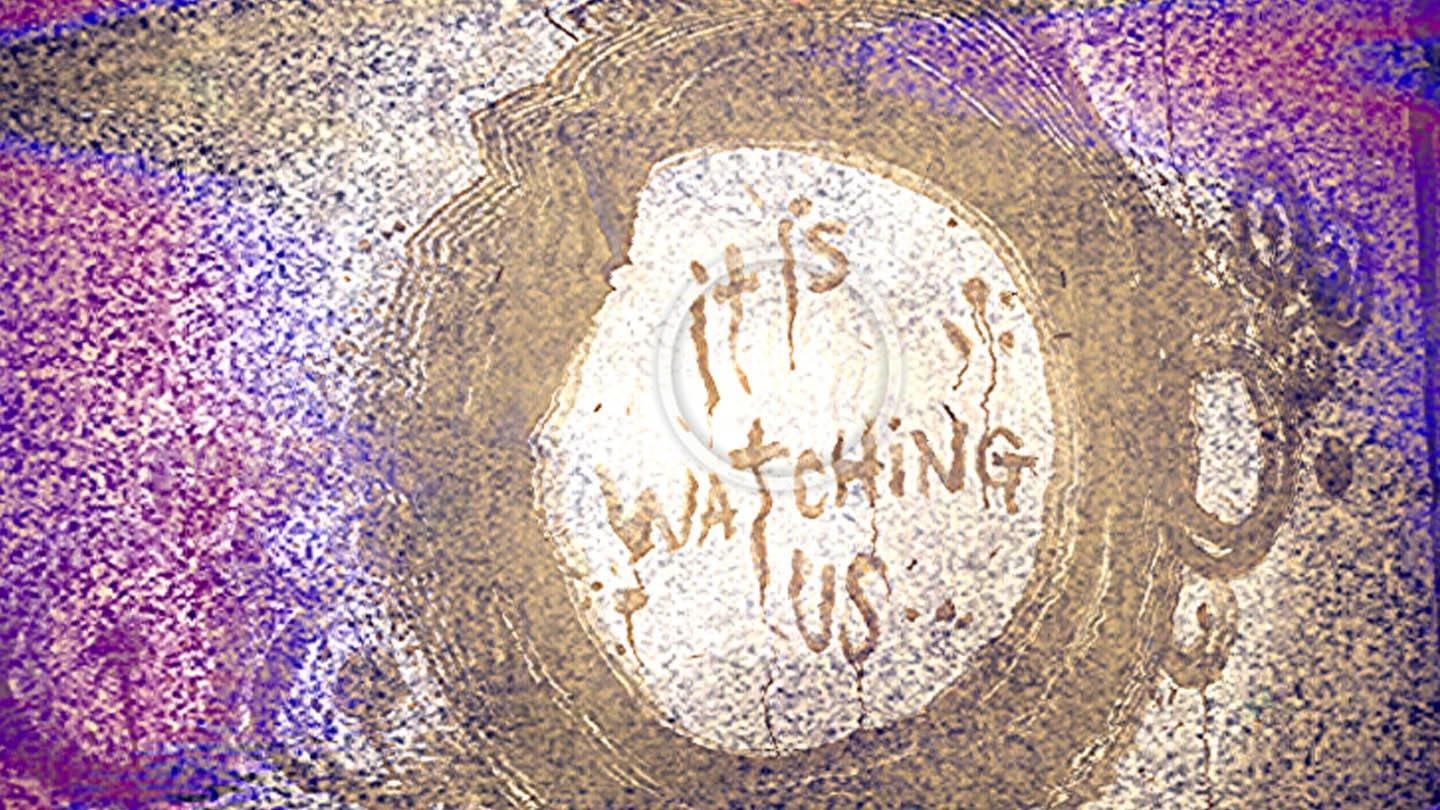 Image: ensigame.com
Image: ensigame.com
In a dedicated menu, players can edit their collected footage into short films, categorized by themes, with Swan providing commentary on the results. Some of these documentaries find their way into the storyline, though they don't alter its course.
Meanwhile, the choices players make significantly affect the narrative, with both immediate and long-term consequences. The episodic nature of the game means fewer long-lasting impacts, which is both an issue and a feature of its storytelling.
Choices Still Impact Surroundings, Dialogues, and Relationships
Lost Records excels in interactivity and attention to detail, hallmarks of Don't Nod's work. For example, when Swan expresses a craving for ice cream from a nearby truck, players can choose to fulfill her wish or focus on other tasks. Delaying can lead to the truck closing, altering subsequent conversations with new acquaintances.
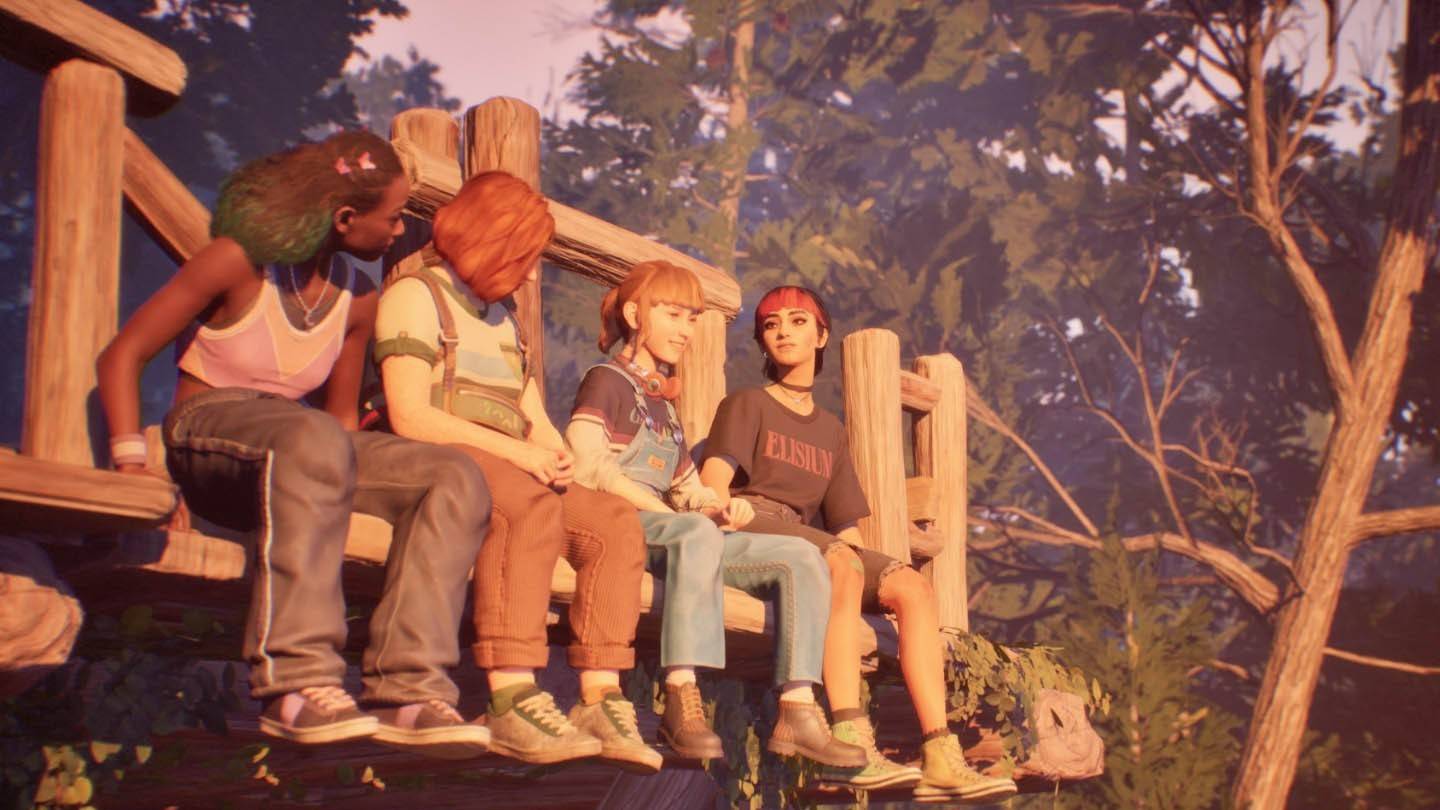 Image: ensigame.com
Image: ensigame.com
The game's world is dynamic, enhancing its appeal. Dialogues unfold in real-time, reminiscent of Oxenfree and Telltale adventures: characters interrupt each other, change topics, and even offer silence as a response. Sometimes, saying nothing is more impactful than impulsively revealing a secret.
Building relationships offers another layer of choice. There's no need to seek approval from everyone; if someone doesn't click with you, you can simply ignore them. Swan, being shy, allows players to help her open up and form meaningful connections.
Bloom & Rage Creates Beautifully Imperfect Characters
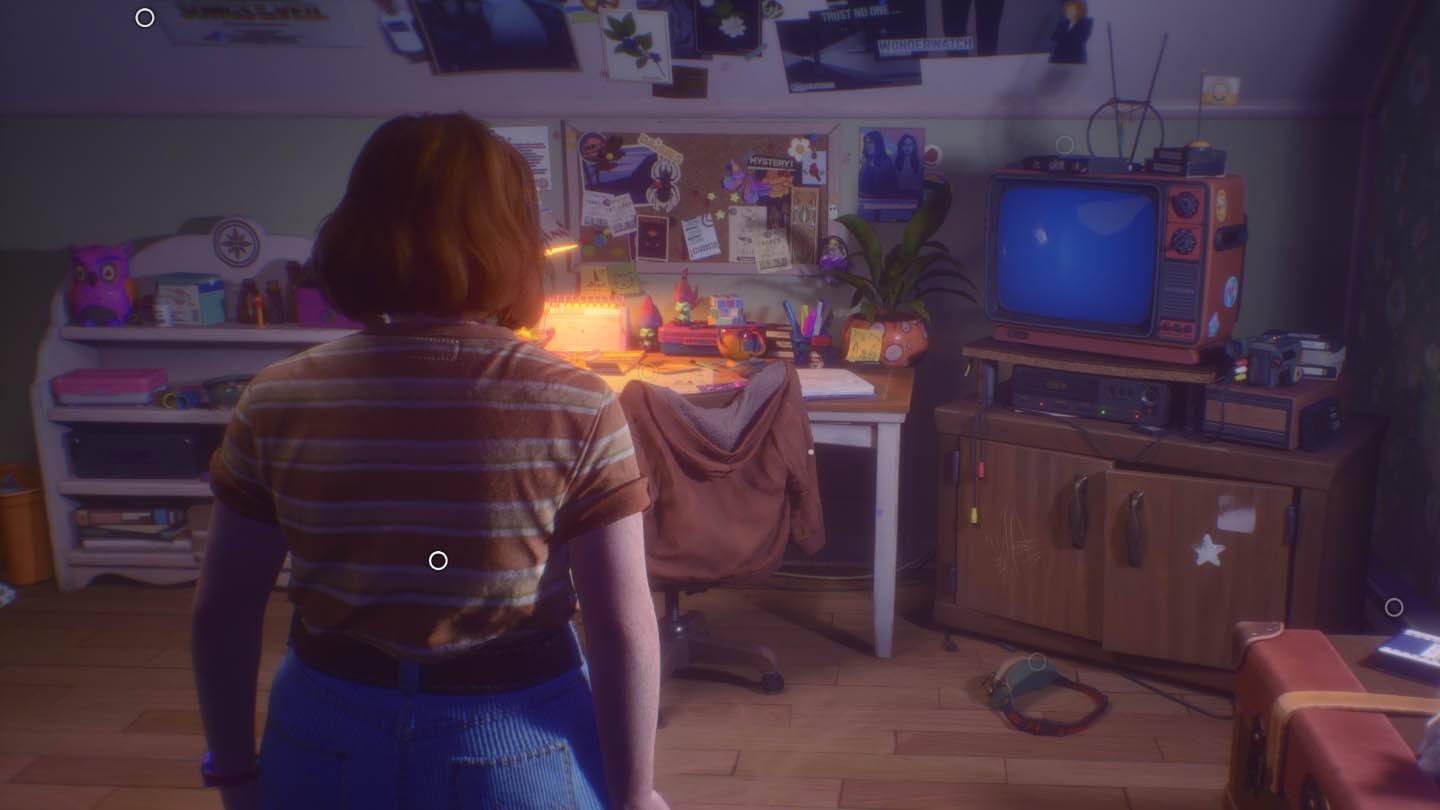 Image: ensigame.com
Image: ensigame.com
Don't Nod has a knack for crafting characters that feel authentic. They are loud, sometimes awkward in their youthful idealism, yet profoundly sincere. Reflecting on my critique of Life is Strange: Double Exposure's lack of soul, I realized the issue wasn't with interactive films but with how character personalities were developed. Don't Nod continues to excel in this area.
Swan is endearing—an ordinary 16-year-old struggling with self-doubt, always worrying about her words, and using her video camera as a shield. While she might echo Max Caulfield's hobbies, Swan stands on her own, not a mere imitation.
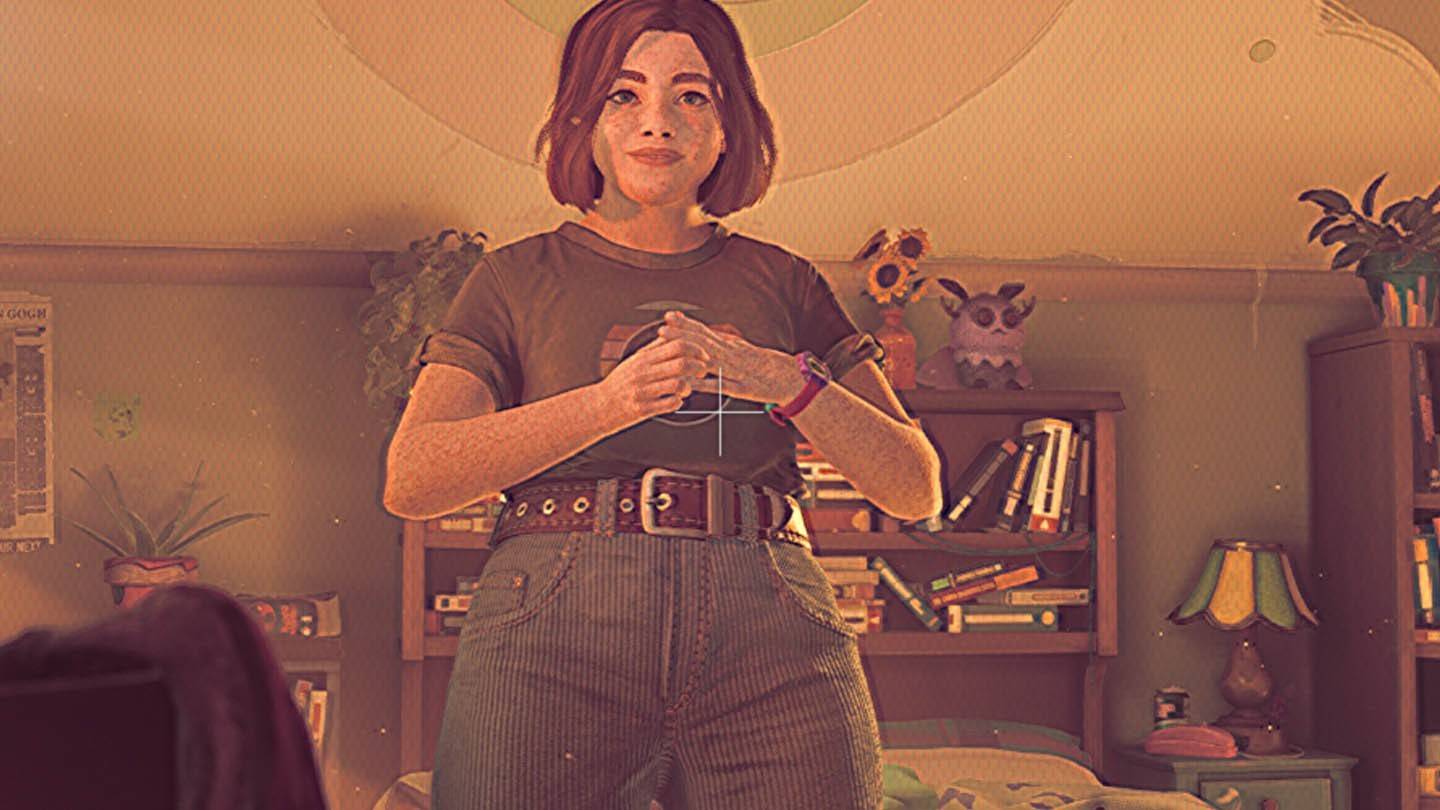 Image: ensigame.com
Image: ensigame.com
Her friends, Ottem, Kate, and Nora, embody familiar archetypes but transcend them. Nora, the punk with colorful bangs and big American dreams, turns out to be the most cautious in the group. Kate, the passionate writer, often spurs Swan to be bolder and seize the moment, while Ottem values thoughtfulness and seriousness. In their company, you'll feel like a teenager again, regardless of your age, immersing yourself in the nostalgia of the '90s.
A Town Worth Dreaming About
Nostalgia permeates Lost Records. Swan's room is a time capsule filled with '90s relics: a bulky TV with tapes, floppy disks, Tamagotchis, Rubik's cubes, and troll dolls—a treasure trove for millennials. Every detail invites exploration and reflection, evoking both admiration and a bittersweet longing for the past.
Easter eggs referencing pop culture are plentiful: Sabrina, The X-Files, Tank Girl, The Goonies, Twilight, Casper, Revenge of the Nerds—and that's just the movies. Video games like Oxenfree, Night in the Woods, Control, and Life is Strange are also mentioned, alongside books and music such as House of Leaves, Nine Inch Nails, and Nirvana.
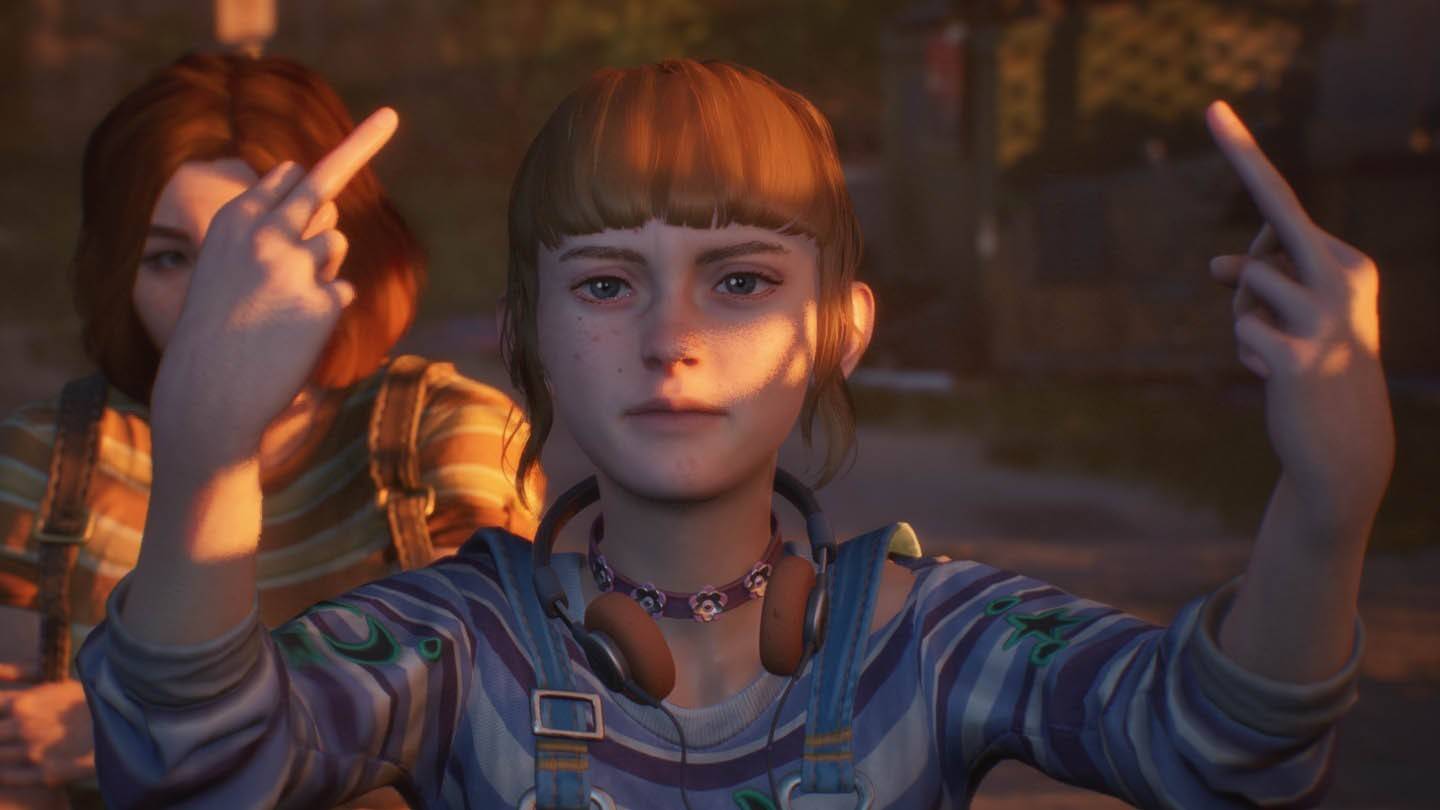 Image: ensigame.com
Image: ensigame.com
The most overt reference is the plot's 27-year gap, reminiscent of Stephen King's It.
The soundtrack stands out, with dream-pop and indie-rock tunes that soothe the ears. "See You in Hell" could easily climb the charts, and "The Wild Unknown" has been lingering in my mind for days.
Velvet Bay, thanks to the seamless integration of all these elements, feels like the quintessential sleepy American town—cozy by day, eerie by night. As you explore, Bloom & Rage keeps you intrigued and on edge.
Slow-Paced Plot: The Defining Feature of the Story
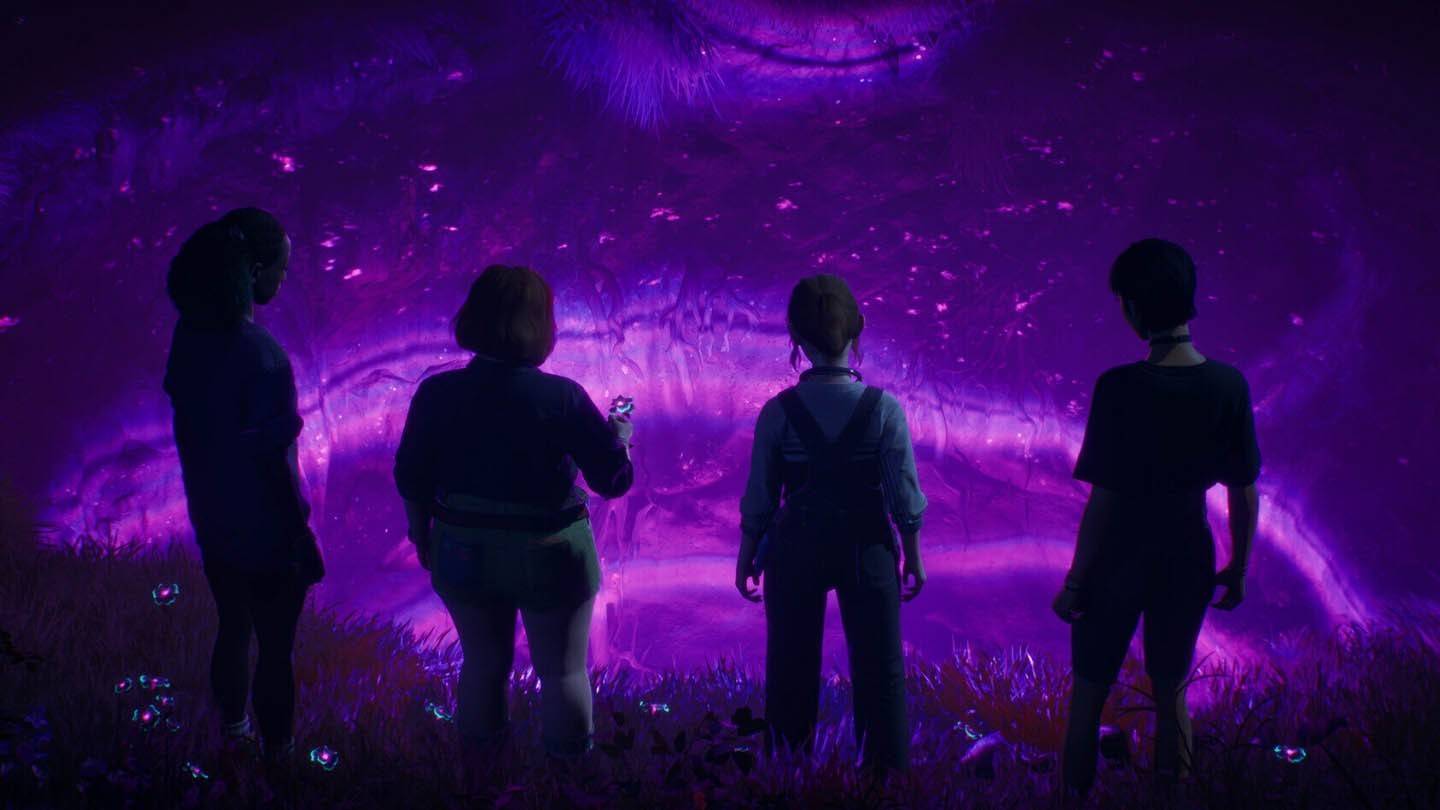 Image: ensigame.com
Image: ensigame.com
The narrative unfolds at a leisurely pace, which might make you forget you're playing a mystery game. Unlike Life is Strange, where the transition from teenage life to detective work is swift, Lost Records insists on a slower build. It encourages players to connect with the characters and soak in the '90s atmosphere before shifting gears.
This approach may not suit everyone, but it enhances the experience for me. The tension escalates in the latter half of the first episode, culminating in a cliffhanger that leaves you eagerly anticipating the next installment. This is precisely the reaction Don't Nod aimed to elicit.
Lost Records: Bloom & Rage will transport you to the '90s, whether you lived through them or not. It's a game that knows its audience and stays true to its vision, embodying all the necessary elements for success in its genre: relatable characters, immersive interactions, and the promise of a compelling narrative. Its full impact will be evident after the second part's release on April 15th. I'm hopeful that Don't Nod will once again work their magic, and I'm eagerly awaiting the conclusion.
Latest News
more >-
- Doom: Dark Ages Marks id's Biggest Launch Yet
- Dec 30,2025
-
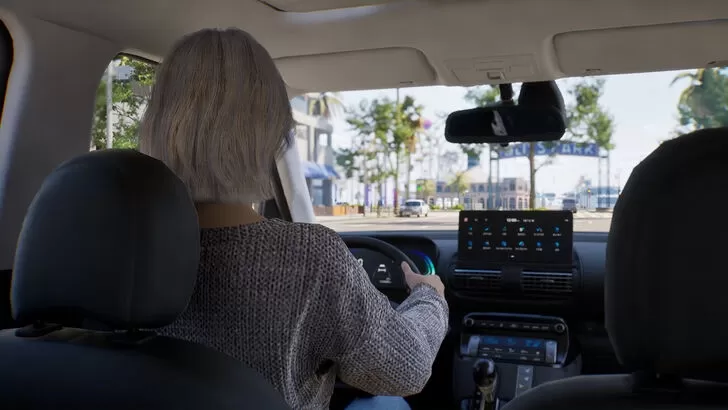
- inZOI Bug Fix Stops Child Collisions
- Dec 30,2025
-
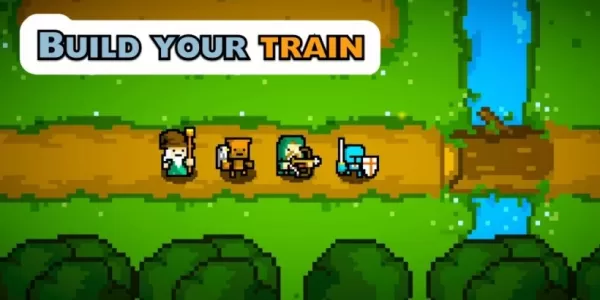
- MageTrain Releases Spellcasting Game for Mobile
- Dec 29,2025
-
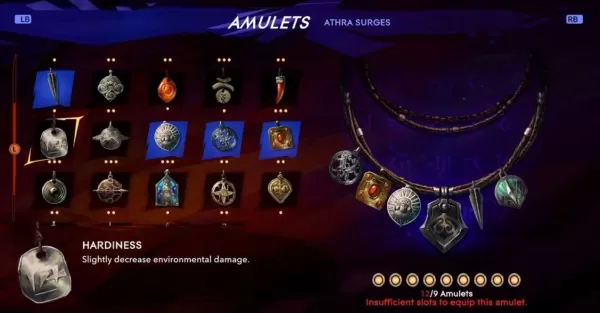
-

- Prime Youth Offer: A Top Deal I Miss As An Adult
- Dec 27,2025
